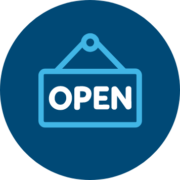
UC Davis creates saliva-based test
Quick, painless, and low-cost “spit test” developed by scientists at the UC Davis’ Genome Center
In 2020, a group of epidemiologists, public health experts, physicians and officials at UC Davis and the City of Davis came up with the idea of Healthy Davis Together – a bold plan to prevent the spread of COVID-19 and facilitate a safe, gradual return to city activities and campus life. We wanted to keep people safe, keep our businesses open, and keep our community ready for whatever might come next.
The vision was to extend resources that were already being offered on the university campus – such as free saliva-based testing, environmental monitoring and health promotion – to the entire community and to create new avenues – including a mass communications campaign, business partnerships, student public health ambassadors and eventually partnership with schools across Davis and Yolo County – to amplify public health messages.
From September 2020 – June 30, 2022, Healthy Davis Together:

Quick, painless, and low-cost “spit test” developed by scientists at the UC Davis’ Genome Center
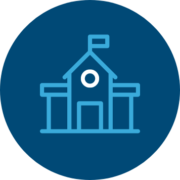
Combination remote and in-person

UC Davis students trained by School of Public Health to engage in positive dialogue around COVID safety, e.g., wearing masks correctly, started on campus and expanded to downtown Davis

Program launch includes the website and social media channels
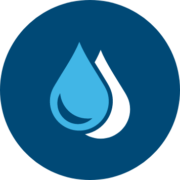
UC Davis partners with city to place auto samplers throughout the city to monitor for spikes in SARS-COV-2 at the neighborhood level

Grants, free PPE and gift card purchases are available to help business adapt to public health guidelines

Quick, painless and free saliva (a.k.a. spit) tests available to everyone who lives or works in Davis and their families
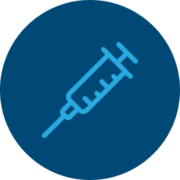
Vaccines begin in Davis

Apartments and hotel rooms made available, plus free food delivery and income replacement

Weekly pick-up sites established for free masks, gloves, and hand sanitizer

Air filters installed in several elementary schools in Davis to monitor for presence of the virus

UC Davis Genome Center began genotyping all positive COVID-19 samples conducted through HDT and UC Davis, giving public health officials a better picture of variant spread

On-the-ground outreach to unhoused, migrant farm workers and other hard-to-reach populations
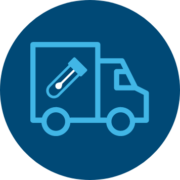
To reach farm workers, assisted living facilities, and other hard-to-reach populations

Air filters installed, free weekly in-school COVID-19 testing for students and staff

424 businesses participated, and more than $480,000 in gift cards for incentives and $365,000 in grants distributed
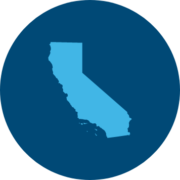
State of California fully opens
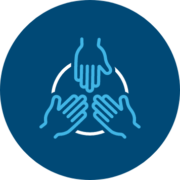
Free community COVID-19 testing expands to more locations across Yolo County

Quickly becomes dominate variant in the country

Free in-school testing in Davis, Woodland, Winters, West Sacramento and Esparto

97% students vaccinated, bi-weekly testing and daily health screening required

More than 15K vaccines administered in partnership with CommuniCare and Yolo County

UC Davis Genome Center identifies the first known Omicron case in Yolo County.

Davis community reaches 80% fully vaccinated
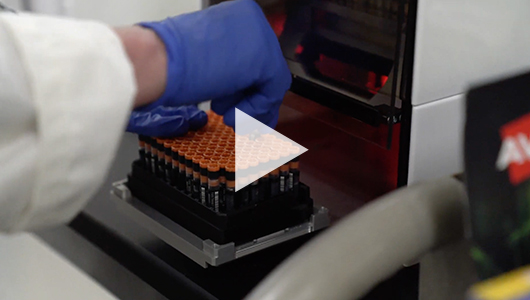
Mass testing at scale has been an anchor of HDT because we knew that identifying positive cases and quickly mobilizing quarantine support and contact tracing efforts would be key to stopping the spread.
Beginning in mid-November 2020, anyone who lived or worked in Davis was encouraged to get free saliva-based testing at least twice a week. By early 2021, free community testing was available at three sites across the city. In addition, mobile testing teams were deployed to locations that were convenient for hard-to-reach populations, such as migrant agricultural workers in the region. The mobile team also distributed and collected tests administered by trained staff at facilities like congregant living homes and senior living communities, weekly.
In February 2021, the UC Davis Genome Center began genotyping for all positive COVID-19 samples conducted through HDT and UC Davis, giving public health officials a better picture of variant spread. The Genome Center identified the first known case of the B.1.1.7 (Alpha) variant of the SARS-CoV-2 virus in the Sacramento region, and this was followed by identification and monitoring of all variants of concern including the highly contagious Delta and Omicron variants.
As of June 30, 2022, HDT conducted 871,245 community COVID-19 tests to over 116,000 individuals
Get our blueprint for setting up a community testing program, learn how HDT engaged agricultural workers, and see how we used genotyping to monitor for variants.
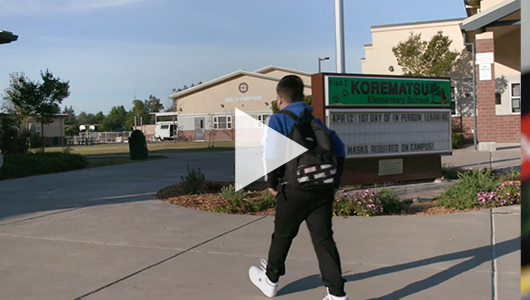
In April 2021, HDT worked closely with Davis Joint Unified School District (DJUSD) to set up a school-based weekly testing program to make quick, painless and free in-school COVID-19 saliva-based tests available to students and staff.
In addition to testing, HDT provided HEPA air filters for all classrooms and piloted an air filter and surface sampling monitoring program in two elementary schools to explore the practicality and accuracy of air and surface sampling to measure the presence of the virus in a classroom.
In July 2021, HDT expanded further into the county under Healthy Yolo Together providing technical assistance to school districts in Woodland, Winters, West Sacramento and Esparto in preparation for in-school testing programs.
Altogether, HDT supported 56 K-12 schools across Yolo County with testing, vaccine campaigns, safe classrooms, and public health education.
Learn more:
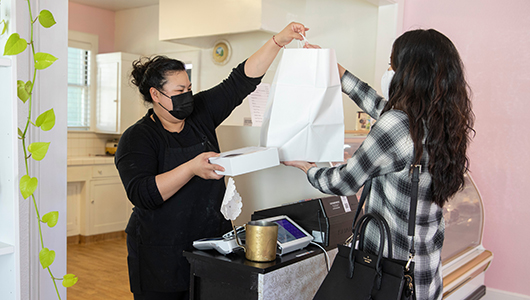
Quarantine and isolation can be difficult for those who live in close quarters or who can’t work virtually. To address these barriers, HDT offered temporary quarantine and isolation housing, food and even salary support, to people living or working in Davis. UC Davis offered parallel services (excluding income support) for students living on and off campus. HDT secured hotel rooms for those who were exposed and needed to quarantine. For infected individuals, furnished apartments were provided.
If a person could quarantine/isolate at home but was unable to shop for or afford food, case managers provided either food delivery gift cards or grocery gift cards. Across all services offered, food support proved to be the most requested.
The City of Davis provided overall program management and our partner, CommuniCare provided case management.
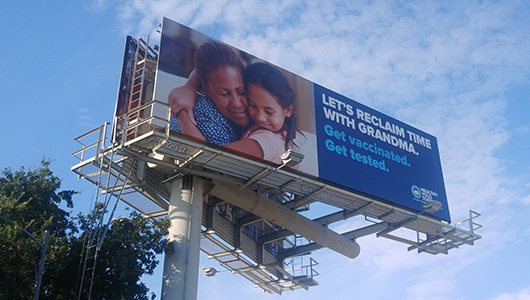
Starting Fall 2020, education and promotion of healthy behaviors became central to the effort, and mass communications played a critical role. While a multijurisdictional communications team kept residents informed of the latest health guidance and developments, the mass communications program focused on driving demand for testing, vaccination and adherence to public health guidance using paid media and social media campaigns.
Regular survey and focus group data helped guide and inform content development and audience targeting by providing feedback on messages and tracking shifts in awareness, attitudes and behaviors.
While messages evolved, the focus on healthy behaviors, regular testing and vaccination remained consistent. By the end of June 2020, more than 119,000 people registered for testing at HealthyDavisTogether.org, and the testing page alone saw more than 1.6M unique page views.
Learn how we built a multi-jurisdictional communications team that enabled clear, consistent messaging.
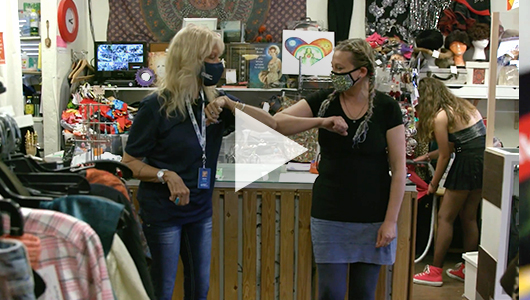
Like many college towns, Davis’ economy is interdependent with the university, and UC Davis students were largely prevented from returning to the community during the first 12+ months of the pandemic. In fact, a July 2020 analysis of 95 college towns, recognizing the link between achieving a healthy school and healthy economy, ranked Davis sixth most vulnerable to the negative effects of COVID-19.
Managed by the City of Davis, in collaboration with the Davis Downtown Business Association and Davis Chamber of Commerce, the Healthy Davis Together Business Partner Program ran from November 2020 through June 2021. The program provided grants, gift card purchasing, PPE distribution, employee and family testing, business marketing, and public health and safety guidance. (Read more about the Business Partner Program here.
A total of 424 Davis businesses participated (representing about 30% of the customer-facing businesses in Davis). More than $480,000 in gift cards for incentives and $365,000 in grants were distributed. Learn More.
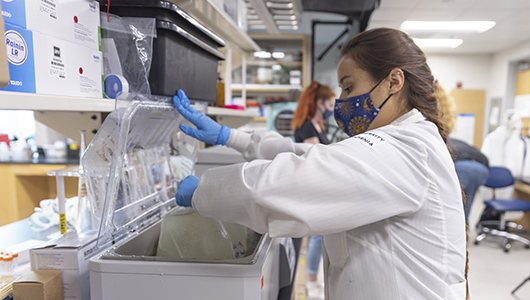
Wastewater monitoring is an environmental monitoring tool HDT put in place as an early warning system to track the presence of SARS-CoV-2 in Davis. HDT tests wastewater at the neighborhood-level multiple times a week, and the city and university wastewater treatment plants are monitored daily in partnership with the Sewer Coronavirus Alert Network (SCAN). This level of monitoring allowed HDT to track trends in the prevalence of the virus and anticipate where a surge in cases may occur based on spikes in data, alerting officials to the need for targeted communications and testing resources in those areas.
Every Saturday, wastewater monitoring results were posted to the HDT website so residents can check the status of their neighborhood levels. When sustained increases were detected over two or more consecutive weeks, various communications responses were deployed, including press releases, alerts via email, text, and phone calls, fliers, and door hangers delivered to residences in the affected areas with information and guidance on how to get tested and practice COVID safety.
Learn more:
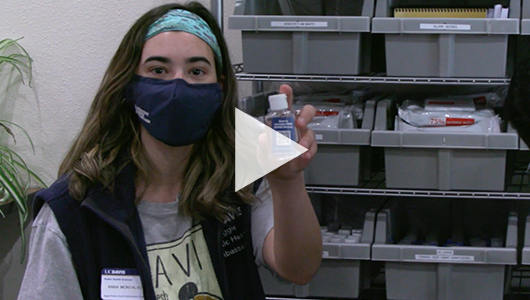
Starting in September 2020, UC Davis undergraduate and graduate students were trained to become – Aggie Public Health Ambassadors (APHAs) – and helped amplify the importance of following COVID-19 public health guidance by modeling healthy behavior and encouraging community members both on and off campus to do the same to help reduce COVID-19 transmission.
The APHA program was designed as a practicum for undergraduate students interested in public health. These students received over 20 hours of training, which included the basic epidemiology of COVID-19 and role-playing how to engage in friendly conversations and diffuse conflicts.
Ambassadors spent time on campus and in downtown Davis encouraging health safety protocols, modeling positive behaviors and offering friendly reminders when needed (like making sure your mask covers your nose). Ambassadors also reinforced positive behaviors by recognizing residents who are taking the right steps and thanking them for their effort as well as raising awareness of free PPE and COVID testing.
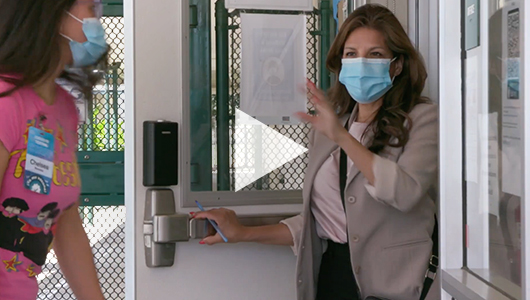
HDT partnered with Yolo County Public Health, CommuniCare, Federally Qualified Health Clinics and community-based organizations (CBOs) to optimize vaccinations in the county. This included setting up and operating vaccination sites, providing personnel, running communications campaigns, supporting mobile vaccination services and targeting hard-to-reach populations including migrant farmworkers, unhoused community members and individuals who could not leave their homes.
HDT’s outreach strategies included partnering with trusted healthcare entities, establishing a dedicated call center to answer questions and help people make appointments, providing transportation through Uber, exercising flexible clinic operating days and hours to meet patient preferences and piloting other hands-on outreach methods.
From February–October 2021, HDT successfully administered 16,000 vaccines, with 38% of vaccinations administered to patients identifying as Hispanic or Latinx.

